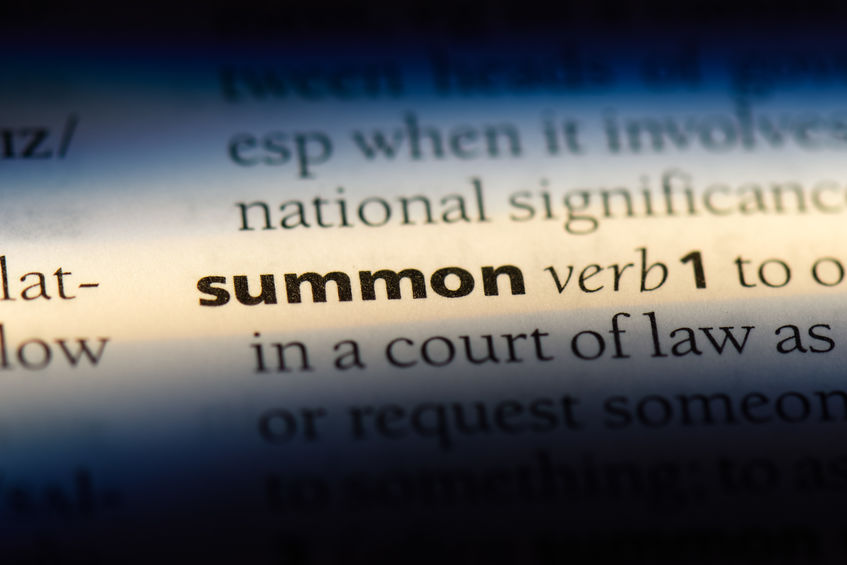In every dramatic legal tv show or movie there is a scene where an individual walks up with a brown envelope and hands it to another person exclaiming “you’ve been served!” While these scenes are often dramatized, it is actually not too far from the truth. Currently, there are two worlds operating at the same time and for some people they never overlap. I am talking about the legal world and the non-legal/real world. In the legal world courts are operating every day and most people are blissfully unaware of it. However, the legal world and the real-world intersect at the moment that individual walks up to you and says, “you’ve been served!”
What is Service of Process?
The legal name for the event that takes place is “service of process,” and it is the method by which one party, the plaintiff, notifies another party, the defendant, that he or she has decided to sue. There are many state-specific rules on how that notice must be served. For example, some states require the notice to be served directly on the person, while other states have looser rules that permit the papers to be served at the defendant’s home to a spouse or child aged 18 years or older.
What Happens if You Avoid Being Served or You Refuse to Be Served?
So, you may be thinking, can I just refuse to take the papers and avoid the whole lawsuit? If it were that easy my job would be extinct. The court will still consider service to be valid even if you never touch that papers. Essentially if you open the door and see the process server and then close the door, the process server will leave the papers at your front door and service will be considered complete.
What Do I Do After I Have Been Served?
Contained in the envelope that the processer hands you are a summons and a complaint. The summons is the mandate from the court commanding you to come and defend or admit the allegations against you. The complaint is the document drafted by the plaintiff (or plaintiff’s attorney) that outlines what you are being accused of. Once you are given these documents you have exactly 20 days to respond to the allegations. If you fail to respond, then the judge will assume everything the plaintiff is stating is true and will enter a default judgment against you. Unfortunately, this happens more often that you think.
Recently I had a client come into my office and tell me “I think I have been sued.” My first question was, “well did you get served?” He responded, “yeah I think I got served three years ago.” However, my client at the time did not understand what being served meant and because the summons did not have a day listed to appear in court, he ignored it! As a result, a default judgment was entered against him and he is now on the hook for $20,000 to the plaintiff.
Once you have been served it is important that you contact an attorney within a few days. An attorney can advise you on whether to fight back or negotiate a settlement and can even buy you extra time on top of the 20 days to respond.


